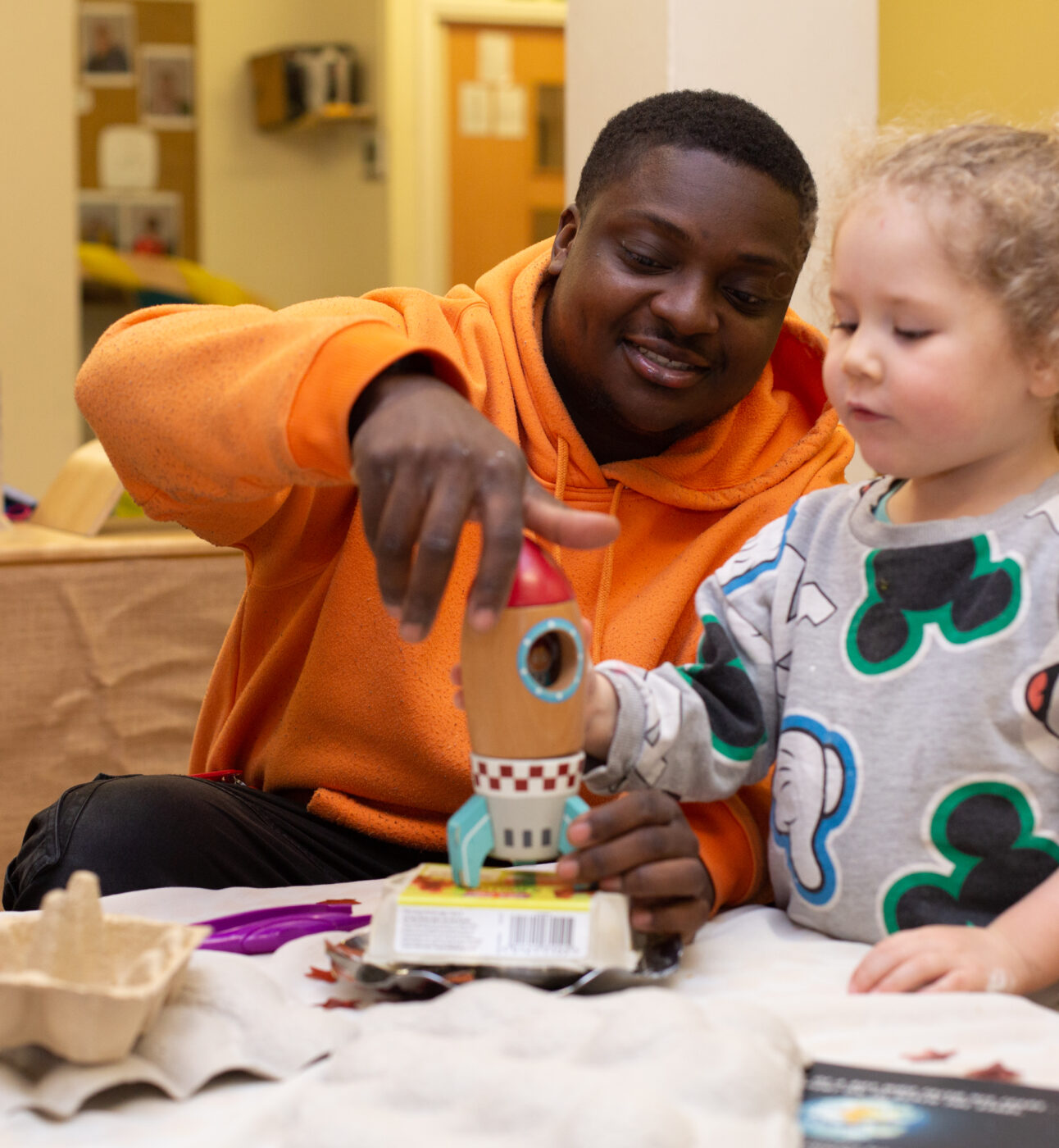
I’ll Drink to That!
If anyone ever asked me what my favourite Champagne was, I would have struggled to answer and probably remark on the benefits of the affordable Prosecco. However, since my recent…
November 14th 2018
Yesterday was Kindness Day, and today we are halfway into Trustee Week, a good reason to thank all trustees and to attract new ones*.
Being a trustee is an altruistic act that can be both rewarding and challenging. Trustees provide a vital volunteering role helping to provide strategic leadership to charities and in doing so makes the UK the sixth most giving country in the world. There are just under 200,000 charities in the UK and all of them need a Board of trustees.
Trustees operate within the Charity Act 2006 overseen by the Charity Commission. These set out the rules of engagement as well as providing a raft of useful support material and research to challenge and improve practice. Trustees are advised to operate within the Nolan Principles of Public Service.
As a Trustee you must:
* Ensure your charity is carrying out its purposes for the public benefit
* Comply with your charity’s governing document and the law
* Act in your charity’s best interests
* Manage your charity’s resources responsibly
* Act with reasonable care and skill
* Ensure your charity is accountable
These are broad expectations and will look different according to the size of the charity. For example, in a big charity trustees will need to balance governance and management more carefully because there will be a management team with delegated responsibilities to run the charity. However, most charities are small and according to a report commissioned by the Charity Commission 80% of trustees are involved in charities with an income of less than £100k a year. In practice, this means that these trustees must address both managerial and governance demands if the charities that they represent are to sustain themselves effectively.
I am a trustee for several organisations. They are very different in size and purpose, which determines the level and type of engagement. For example, I was recruited to my local library board after local residents had successfully campaigned to save it. It’s a small library trust so we need to be much more involved to support the bijou team to develop a strategy for long term survival. It contrasts completely with my experience on the board of Social Enterprise UK which has a very experienced CEO with an expert management team.
As a CEO I also work with a Board of Trustees. The lifecycle of the Board reflects the highs and lows of business cycle. Like many big charities our Chair has delegated some of the more detailed work to sub-committees. Our Treasurer is often worked very hard because he chairs the busy Finance Committee where we really drill into the details of the organisational income. The best trustees ask great questions which provide challenge about how we meet the charity’s purpose, and if we are taking enough risk to really drive social impact.
Trustees generally enjoy their role if you are to believe the recent review of 19,064 trustees. This is good news and there is enthusiasm to encourage more people from all backgrounds and experience to consider becoming a trustee (although apparently people with digital skills are definitely needed!). Think about what you could offer a charity that would help it progress and get a few steps nearer to achieve its mission.
We are constituted so that simple acts of kindness, such as giving to charity or expressing gratitude, have a positive effect on our long-term moods. The key to the happy life, it seems, is the good life: a life with sustained relationships, challenging work, and connections to community.
– Paul Bloom
* LEYF is recruiting new Trustees, if you’re interested more detail can be found here.

If anyone ever asked me what my favourite Champagne was, I would have struggled to answer and probably remark on the benefits of the affordable Prosecco. However, since my recent…

Why the social enterprise model could be the solution to fixing England’s broken childcare system by expanding access to the communities that need it most. England is…

Social enterprises are driven by social justice and deliver a range of public services including health, social care, children, services, education, homelessness, housing, domestic abuse, public health, leisure, culture, employment,…